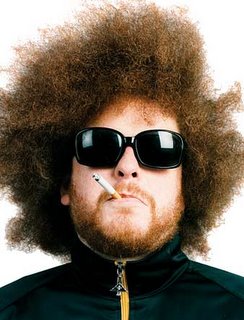But the real question is why, so many years into the era of digital music, the Beatles still don't allow digital downloads of their songs. Many bands now view the sales and illegal downloads of their songs as loss leaders for their live performances, but the last Beatles concert was in 1966. Rights holders such as John Lennon's widow, Yoko Ono, are well known for trying to protect exactly how Beatles songs are presented, limiting distribution.
The explanation is that the owners of the Beatles understand that the brand is so valuable that they can maintain scarcity even in a world of file sharing and mass downloading. The late George Harrison's son, Dhani, has said "we disagree" with the standard Apple price of 99 cents a song. At a time when the International Federation of the Phonographic Industry estimates that 95% of downloads of digital music are illegal, there is less money to be made selling songs through any medium, whether the Web or CDs.
Instead, the Beatles are focused on more innovative and high-priced digital products. One is "The Beatles: Rock Band," a videogame released in September whose theme is the history of the band. The music has to be played through the game console and can't be downloaded or shared. The success of the game accounted for much of the revenue growth of Viacom in its most recent quarter.
I've got all of The Beatles on CD that's available - or, more accurately, that's worth having - and I've transferred them to my iTunes so having them digitally available elsewhere isn't a problem for me. But I think it's a mistake to purposely keep their music away from newer listeners. Sure, it's a fine line between art and commerce but how rich can you be? (Okay, as an unapologetic capitalist, I say as rich as you can get but still.)
No, I think the better business model is to get your music - your art - out there to as many consumers as possible. That's what you got in this business for in the first place, isn't it?




No comments:
Post a Comment